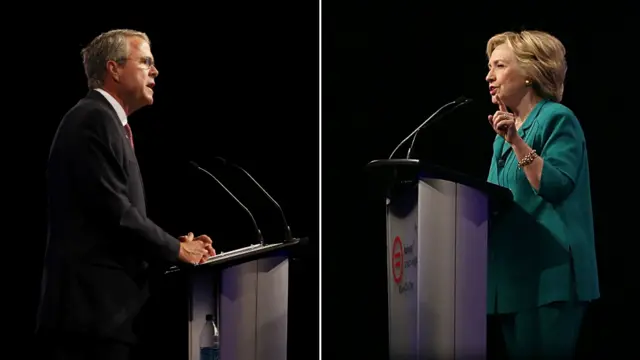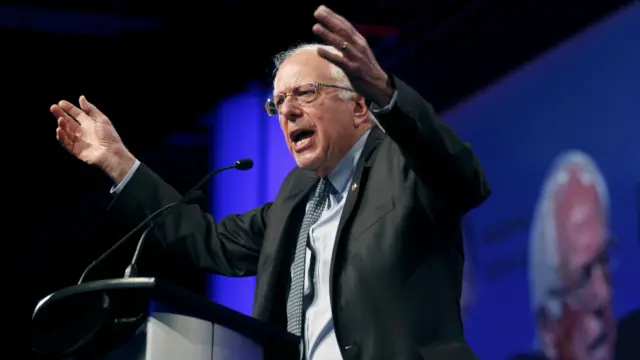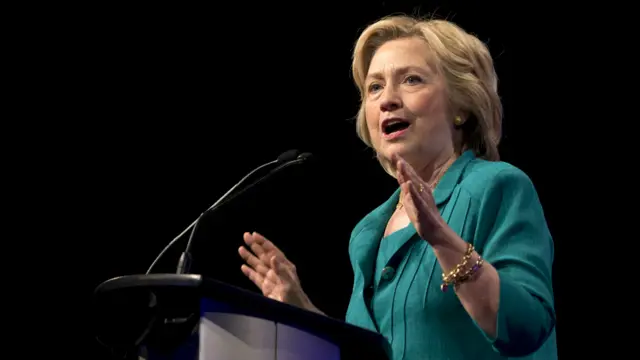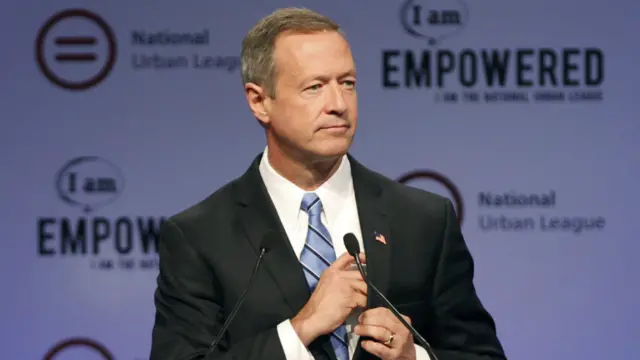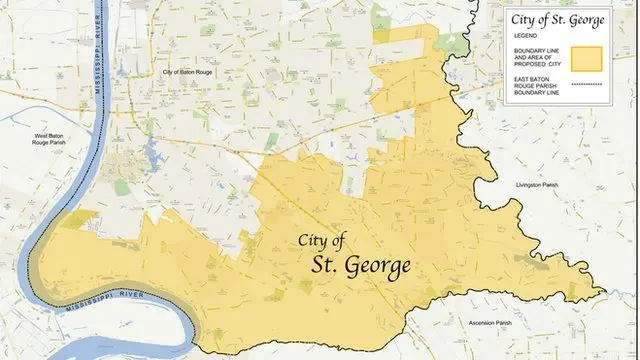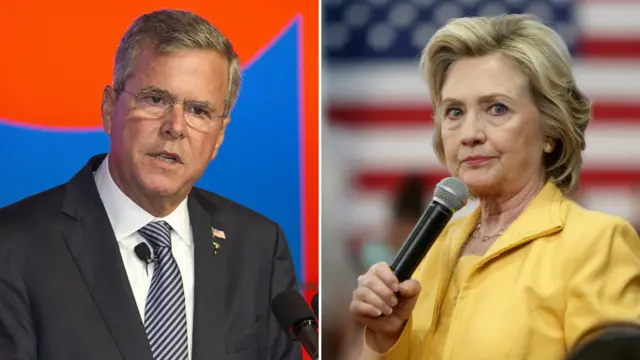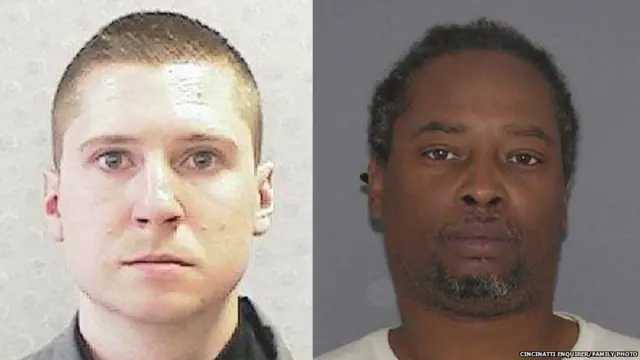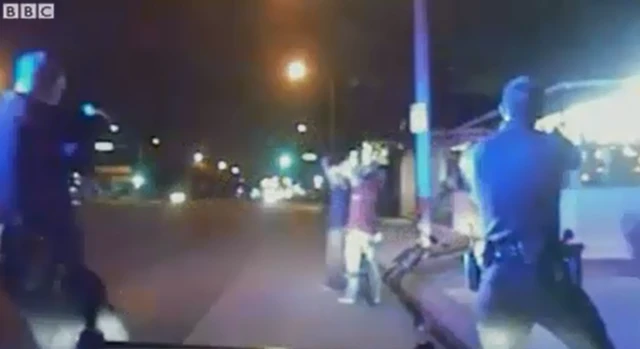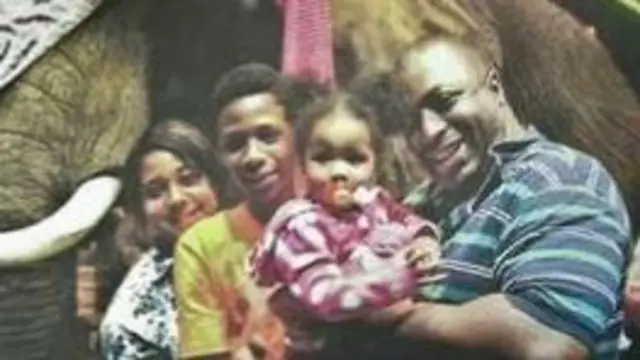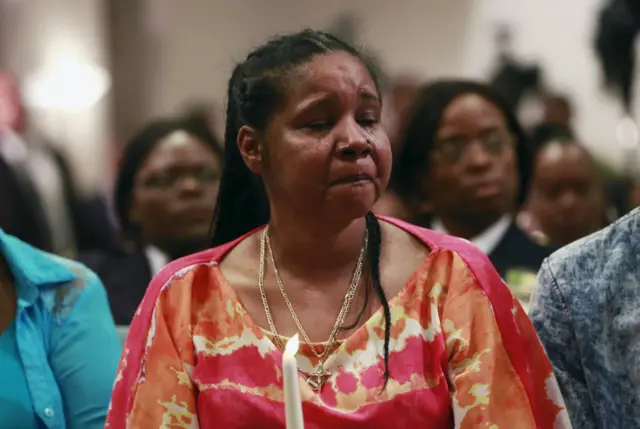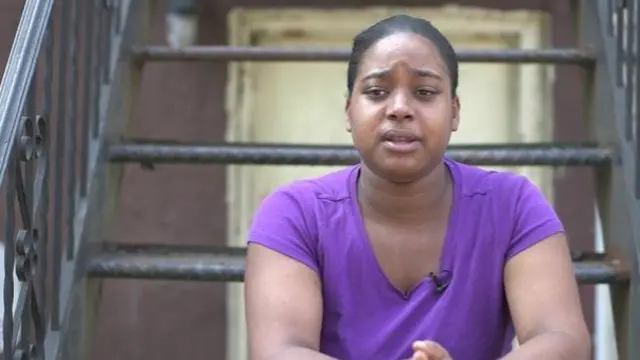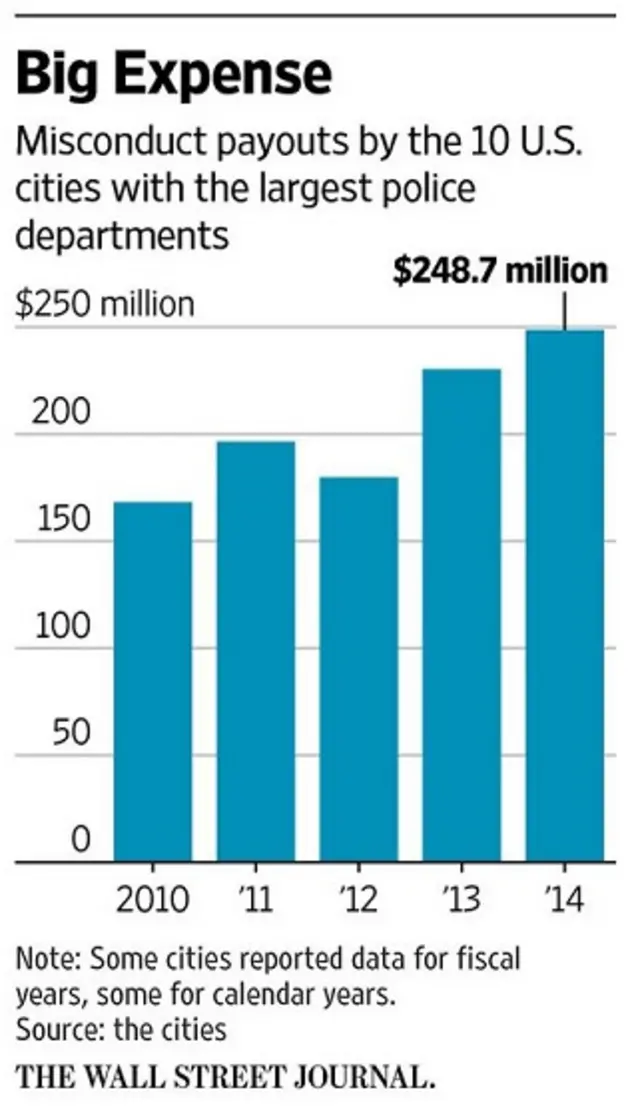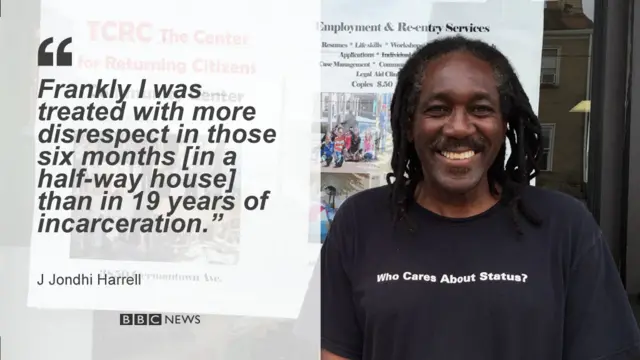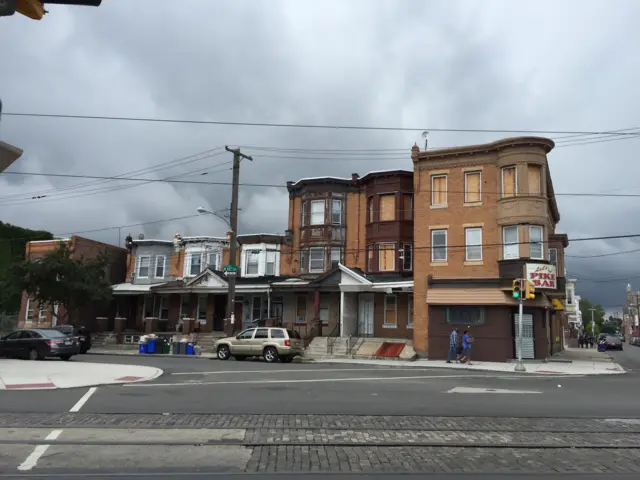Could you get into a top New York high school?published at 19:44 BST 25 August 2015
Try some sample questions
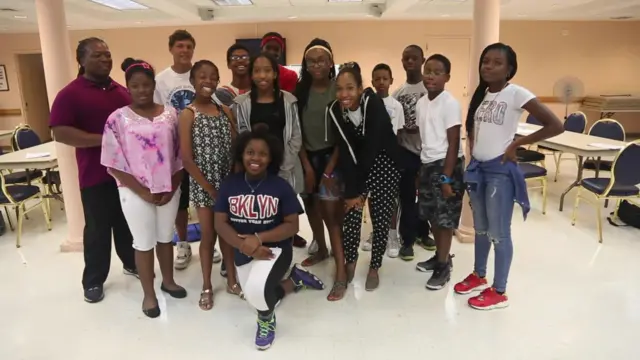
These are just a few of the tens of thousands of New York City students spending their summer studying for the Specialized High Schools Admissions Test, external (SHSAT).
The SHSAT is the first step in gaining a spot at the city's top public high schools.
Could you get in? Try some sample questions below. No cheating by looking ahead to the answers!
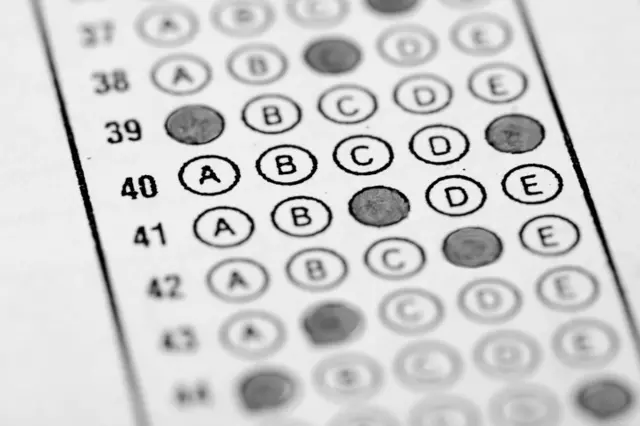 Image source, Thinkstock
Image source, ThinkstockLOGICAL REASONING
1 - Three children—Raquel, Tiara, and Xing— each own one pet. The pets are a parrot, an iguana, and a hamster. Xing does not own the hamster. Which of the following additional pieces of information is needed to determine who owns the iguana?
A. Tiara owns the hamster.
B. Raquel does not own the hamster.
C. Raquel owns the parrot.
D. Xing owns the parrot.
E. Tiara does not own the hamster.
2 - Jack played three instruments in the orchestra. He played violin for two years, cello for three years, and bass for three years. He never played more than two instruments during the same year. The first year, Jack played only the violin. What is the least number of years Jack could have played in the orchestra?
F. 4
G. 5
H. 6
J. 7
K. 8
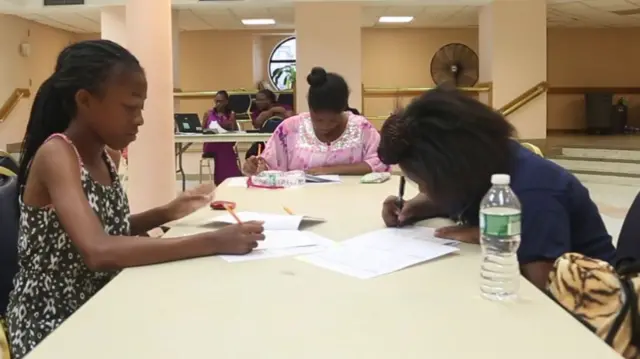
MATHS
How many positive two-digit numbers are evenly divisible by 4?
F. 22
G. 23
H. 24
J. 25
K. 26
The measures of the angles of a triangle are in the ratio 1:2:3. What is the measure of the largest angle?
F. 30
G. 60
H. 90
J. 150
K. 180
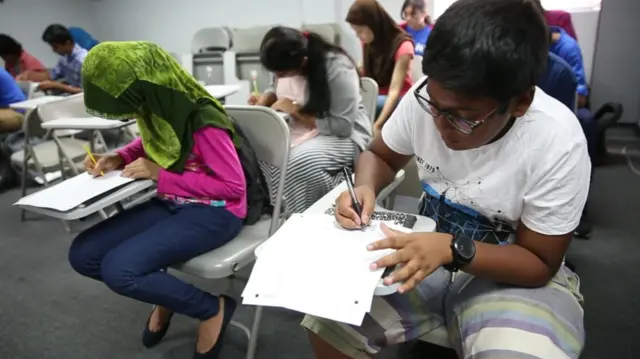
Pencils down - here's the answers
Logical Reasoning
1. - C - Raquel owns the parrot.
2. - G - 5
Maths
1. - F - 22
2 - H - 90
